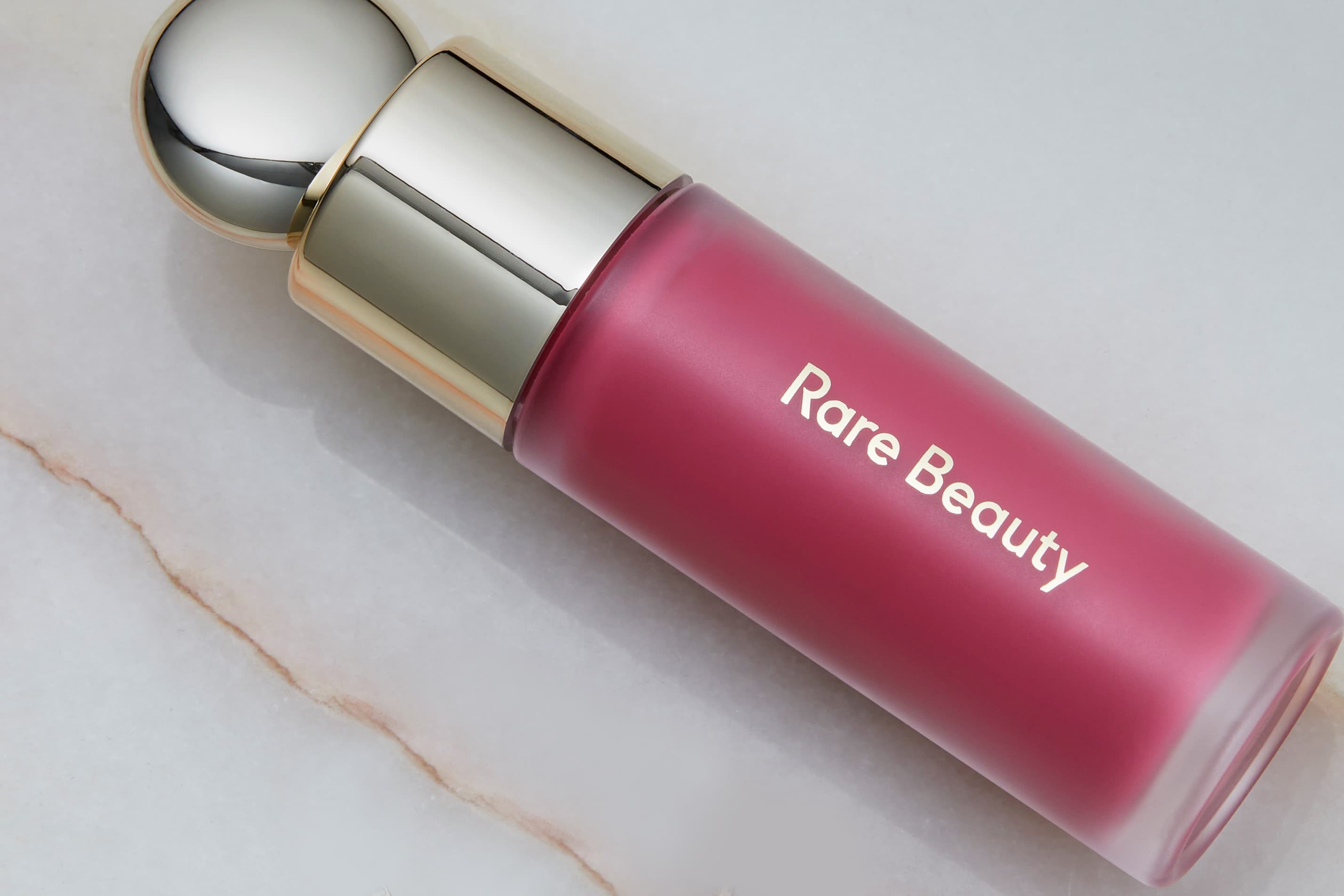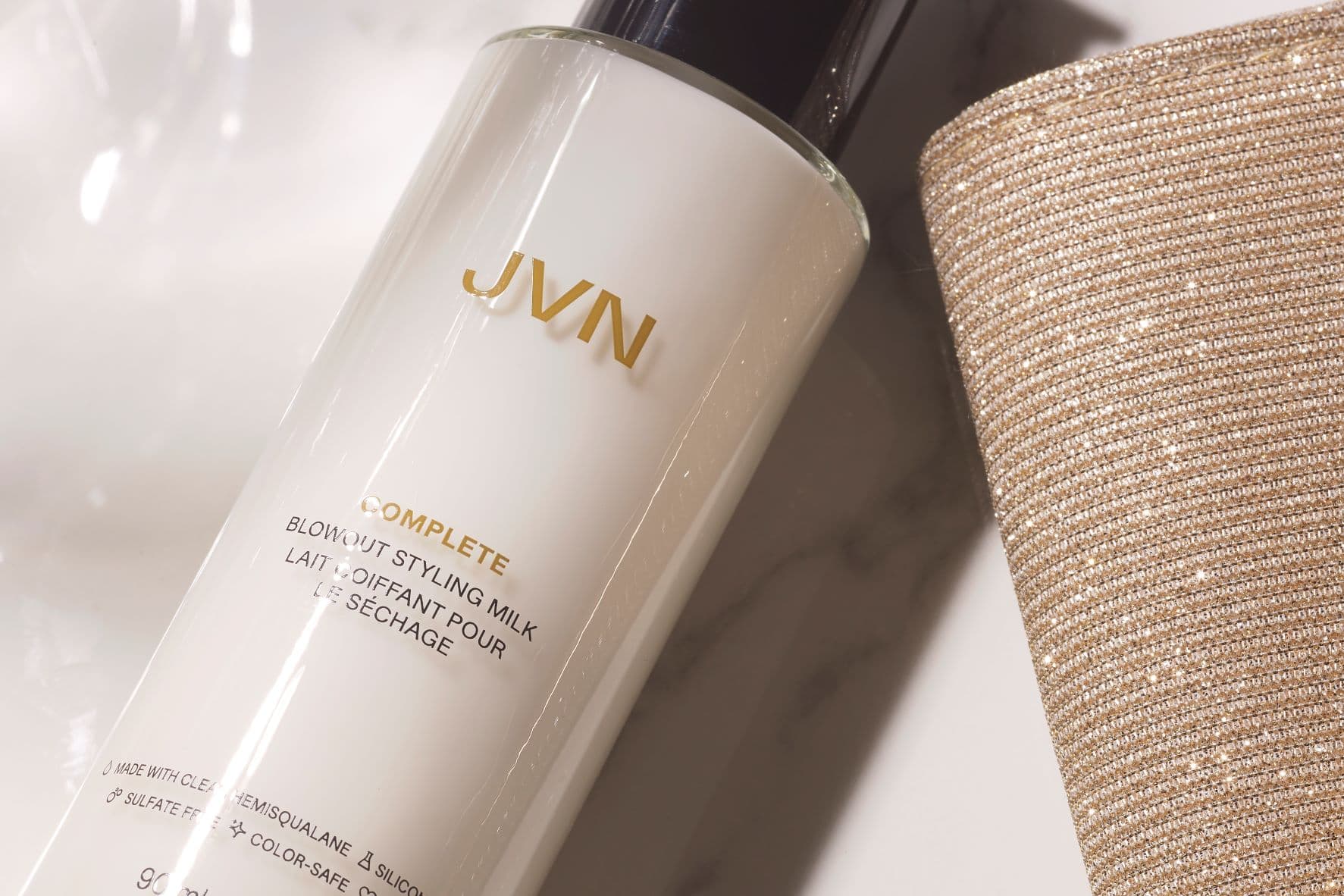Vitamin D Really Is Good For Your Skin, and Here’s Why

“Vitamin D is one of those antioxidants we all need - it’s essential for all body functions,” says award-winning aesthetician, Abigail James. “Vitamin D is required by most body tissues, including brain, heart, muscle, immune system, and is highly important for calcium and bone formation,” Dr Miriam Adebibe, cosmetic doctor and co-founder of skin clinic, Victor & Garth adds. Is vitamin D good for skin? In short, yes. Take vitamin D and acne for example - this sunshine vitamin has anti-inflammatory properties to calm the cause of angry breakouts. But beyond that, “vitamin D’s anti-inflammatory benefits can be used for psoriasis, eczema, and vitiligo. As an antioxidant it destroys free radicals that cause premature ageing, it boosts the skin’s immune function against infection, and calms inflammation in a number of skin conditions,” Dr Miriam tells us. Sounds pretty great, right?
So, is there a way to get our vitamin D skin fix while sidestepping concerns of sun exposure? Well, we know about SPF protection - an essential step to shield skin from the harmful effect of UV rays. But what if we remove the sun element altogether? Cue vitamin D face creams, vitamin D oil for skin, and all the other sunshine skincare that harnesses benefits of vitamin D, no bathing required.
But we still have questions. Like which type of vitamin D skincare is the right choice for us? Is vitamin D good for skin (and we mean, ALL skin)? Does topical vitamin D offer the same benefits as if it were absorbed via the sun, or nutritionally? And how do we go about introducing this essential vitamin into our skincare routine? Let’s find out
What is Vitamin D?
Vitamin D is a fat-soluble antioxidant which aids the absorption of essential minerals into our body. “Our body doesn’t create vitamin D on its own, so we need to replenish this through sun exposure, diet and supplements,” Abigail tells us. What’s the difference between vitamin D from sunlight, vitamin D as a supplement, and topical vitamin D? Abigail explains: “when our skin is exposed to sunlight it turns the cholesterol in our skin into Vitamin D and stores it in the skin. As an internal form it’s essential for cell renewal, protection, repair and metabolism. As a topical it acts as a hydrating type of antioxidant similar to vitamin E. It can be anti-inflammatory, and good for skin barrier and repair,” Abigail explains.
Benefits of Vitamin D for Skin
According to Abigail, “all skin types can and will benefit from vitamin D skincare.” Just choose a formulation that works for you. If oily skin is your concern, a lightweight vitamin D cream might be best, whereas a vitamin D oil for skin - which Abigail tells us is often a more potent option - is preferred for normal or dry skin. And we mustn't forget the dream pairing of vitamin D and acne. “Used on its own, vitamin D isn’t a fix for acne, however when combined with a product that contains antibacterial qualities, vitamin D’s support of barrier function and anti-inflammatory effects can be effective on acne,” says Abigail.
Side Effects of Vitamin D
What do we need to be wary of when introducing vitamin D into our skincare routine? “Do not use vitamin D products alongside alpha-hydroxy acids (glycolic, lactic acid) or beta-hydroxy acid (salicylic acid), as the acidic pH will deactivate vitamin D and you won’t absorb the benefits,” warns Dr Miriam. But, beyond that, “there should be no side effects when using vitamin D skincare,” Abigail reassures us.
“The only thing to be wary of is that some formulations might be richer or oiler, so don’t overdo it if you have acne-prone skin,” Abigail adds. “Topical Vitamin D is a much safer option than sun exposure for the skin,” Dr Miriam expands, “but oral supplementation is still recommended to meet the daily requirement. Do take care with extreme oral supplementation however,” Dr Miriam advises, as “vitamin D is stored in the body’s fat cells, so too much can cause toxicity with increased calcium levels in the blood, resulting in nausea, vomiting, confusion, and in extreme cases, kidney failure.”
How To Use Vitamin D In Your Skincare Routine
“Vitamin D is a fat-soluble antioxidant, so when added to skincare it’s usually in an oil or cream formulation,” Abigail tells us. What’s the difference? “Generally, an oil will be stronger than a cream,” says Abigail. When it comes to application, “an oil applied in the evening after your night serum is probably the best way to add vitamin D into your skincare routine. I would go for an oil-based formula because vitamin D is fat-soluble,” Dr Miriam recommends. “Use this in the evenings after cleansing the skin and allow the vitamin D oil to absorb overnight. Your vitamin D can be stepped up to twice daily if tolerated,” she prescribes.
Our Favourite Vitamin D Products
Quite a few topical skincare products contain vitamin D and these are the three that we can guarantee with deliver real results.
Best vitamin D cleanser: Elemis Superfood Facial Wash, £32.00
To ensure vitamin D is the first thing you wake up to, try this - a superfood gel cleanser, infused with active pre-biotics to help maintain a healthy balance in the skin’s microflora. Where’s the vitamin D? In the nettle extract, which is significantly more soothing than it sounds.
Best vitamin D face cream: Natura Bissé C+C Vitamin Cream, £130.00
The hero may be vitamin C - a powerful antioxidant to protect skin from irritation, inflammation and environmental pollution - but sidekick vitamin D offers a boost of antibacterial and barrier-strengthening action in this nutrient-packed moisturiser.
Best vitamin D face oil:
Packed full of the lesser-known antioxidant alfalfa, which is rich in vitamins A, B, C, D and E, this nutrient-loaded oil is all about skin health. It’s aim? To soothe stressed, irritated skin and restore skin balance. After applying, use the oil to massage facial pressure points before bed for an all-round relaxing experience.
Final Verdict on Vitamin D for Skin
There’s no two ways about it, introducing vitamin D into your skincare routine is a good idea for all skin types. With anti-inflammatory and antioxidant benefits, this sunshine vitamin is ready to target free radicals that lead to premature ageing, boost the skin’s immune function against infection, calm inflammation and more. Is synthetic vitamin D preferable to the vitamin D we get from sunshine? No. But it can be safer and still highly effective. But whether choosing to top up your vitamin D stores with an oral supplement or treating skin to a topical vitamin D oil or cream, knowing the quantities your body can tolerate is essential to vitamin D skin success.




